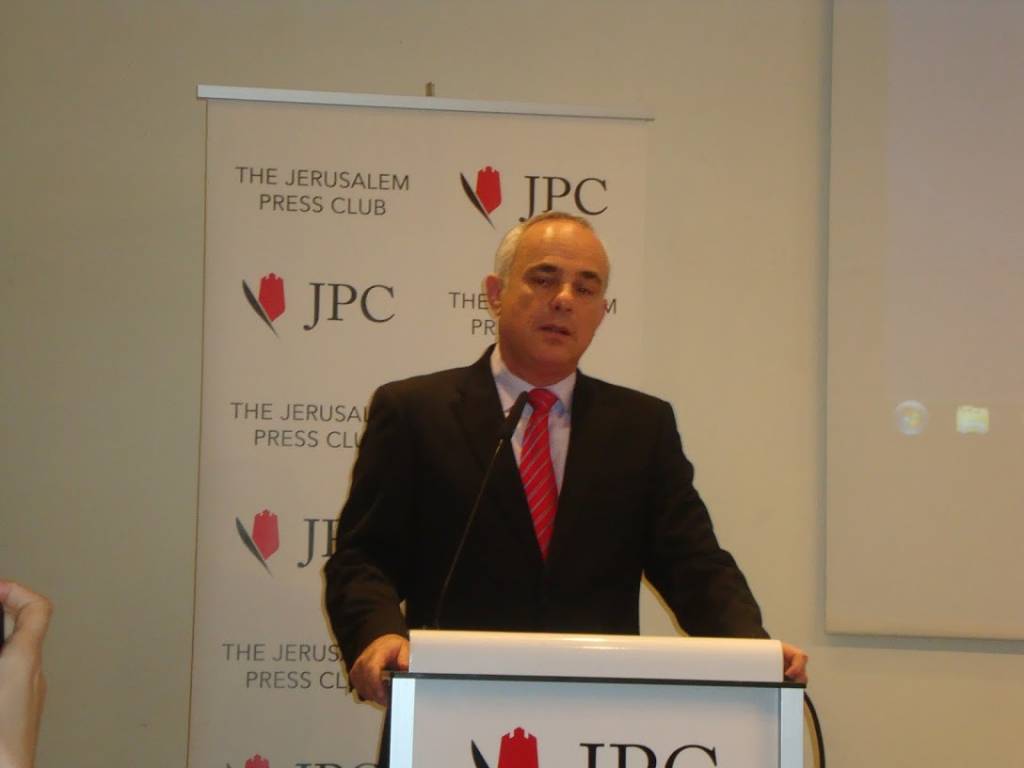A new, five-day ceasefire came into effect last week despite the firing of rockets from Gaza into Israel on Wednesday night by Hamas and the subsequent IAF retaliation.
Israel agreed to a new, five-day ceasefire last week notwithstanding the firing of eight rockets from Gaza into Israel on Wednesday night – shortly before the previous, 72-hour truce had expired – and the subsequent IAF retaliation. The fighting continued overnight; there were no casualties.
The five-day ceasefire agreement followed intervention by U.S. President Barack Obama, who had called Prime Minister Benjamin Netanyahu Wednesday evening, reportedly urging him to accept the extension of the truce.
‘More Time May be Needed’
Dr. Yuval Steinitz, minister of Strategic Affairs and Intelligence, told a press briefing in Jerusalem on Wednesday that progress in the negotiations was unclear and that “more time may be needed.”
At the same time, “the IDF is ready for any developments,” he stated. “Fire will be met with fire.”
A Cabinet briefing scheduled a day earlier had been cancelled and several government ministers have voiced frustration at being left in the dark about details concerning the Egyptian-mediated negotiations in Cairo.
Demilitarization is ‘the Core of the Problem’
“What happened in Gaza explains the need for demilitarization,” which is “the core of the problem,” Steinitz said, citing the difference between Gaza and the Palestinian Authority-administered territories.
According to Steinitz, Palestinian Arabs living in Judea and Samaria have “a better life” than the people in Gaza, and the “real reason” is that “Ramallah and Nablus are kept generally demilitarized.”
Brig.-Gen. (res.) Yossi Kuperwasser, director-general of the Strategic Affairs ministry, delivered a presentation demonstrating that Hamas is a terror organization on par with Al-Qaeda, ISIS and Boko Haram – all “committed to Jihad, targets civilians, tramples human rights, aims to Islamicize society and espouses anti-Semitism and anti-Western conspiracy theories.”
These terror organizations have differing immediate goals, focusing on different regions, but they ultimately aim to establish a global Caliphate and cooperate with each other, Kuperwasser said.
Most “painful to see” is the indoctrination of children, he continued, showing film clips of youngsters eager to join these terror groups in order to kill.
‘We Want More than a Ceasefire’
Steinitz then resumed his talk, telling journalists that Israel is “ready for a ceasefire if the goal is not just the end of this round of violence and a long-term ceasefire, but a real change on the ground.”
“We want more than a ceasefire,” he declared. “We want the demilitarization of Gaza and real relief for the people of Gaza,” who suffer under Hamas rule.
Hamas has been “weakened,” he said, although they “still have capability to attack.”
Steinitz acknowledged that Israel “didn’t go all the way to destroy the Hamas infrastructure like we did in the West Bank” several years ago. “We’re not done yet,” he added, saying that Israel had “decided on a partial operation.”
Asked by United with Israel why that was so, considering the presentation just shown on the deadly goals of Hamas, Steinitz said that he personally had advocated for demilitarization of Gaza already in 2004, prior to the disengagement – although he had supported the withdrawal.
“One day we may be forced” to retake Gaza, he said.
Author: Atara Beck
Senior Writer/Editor, United with Israel
